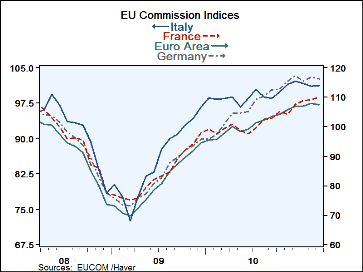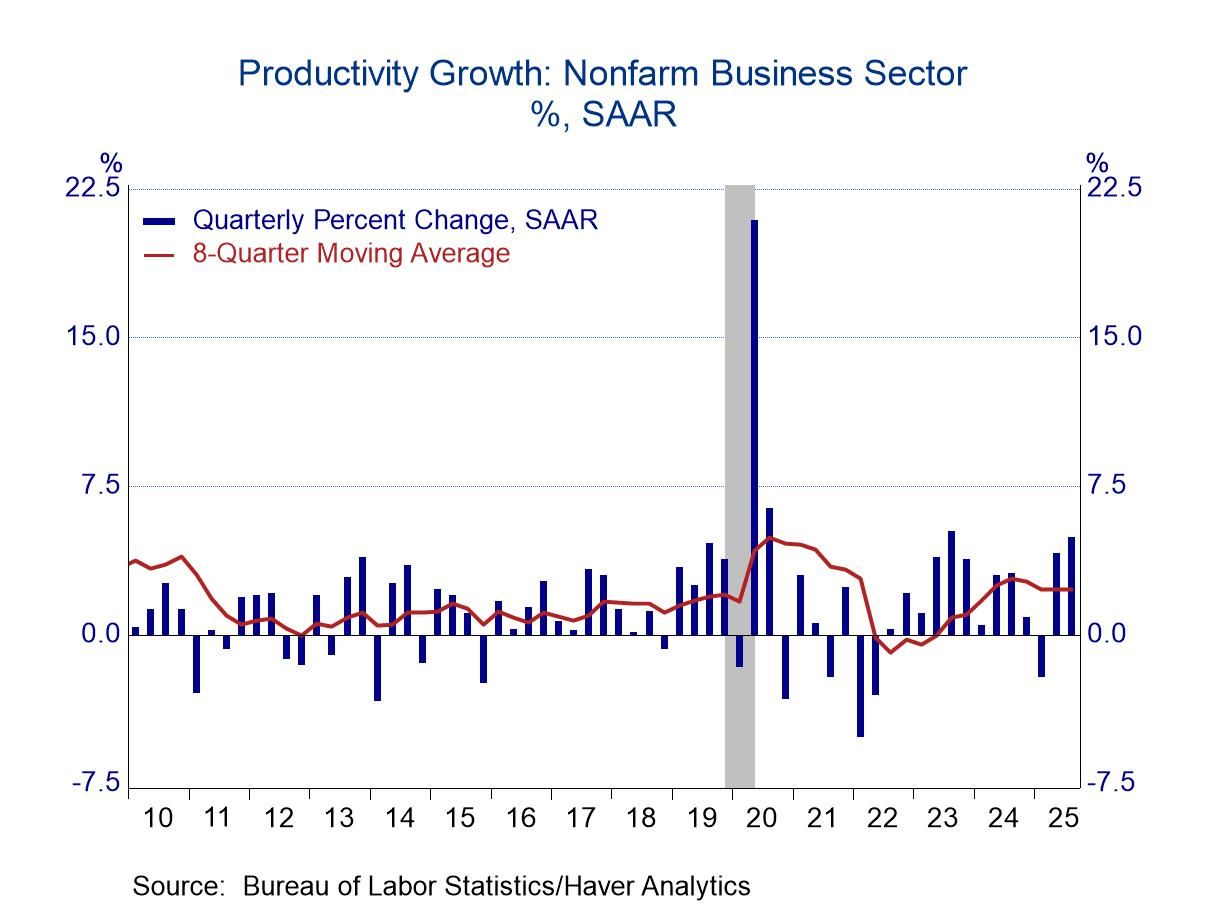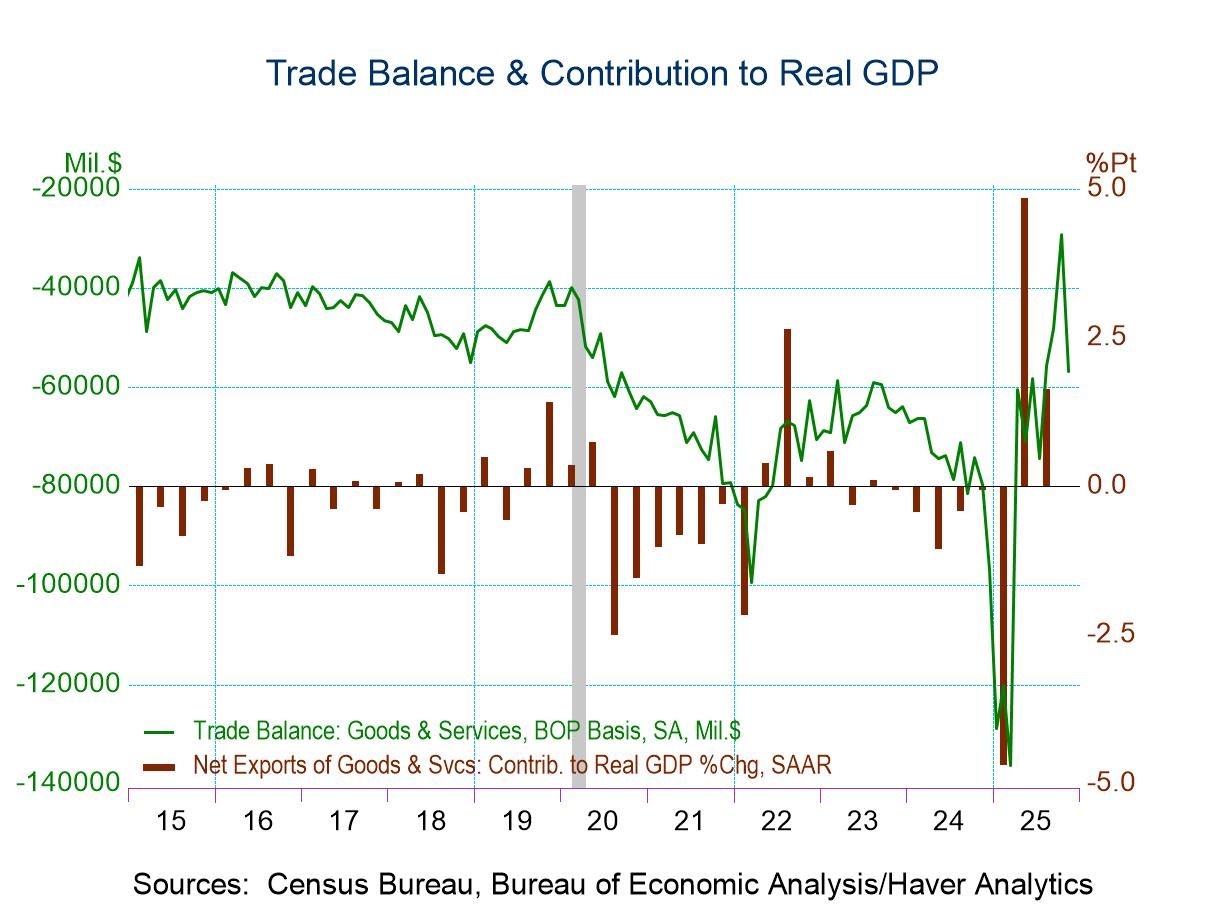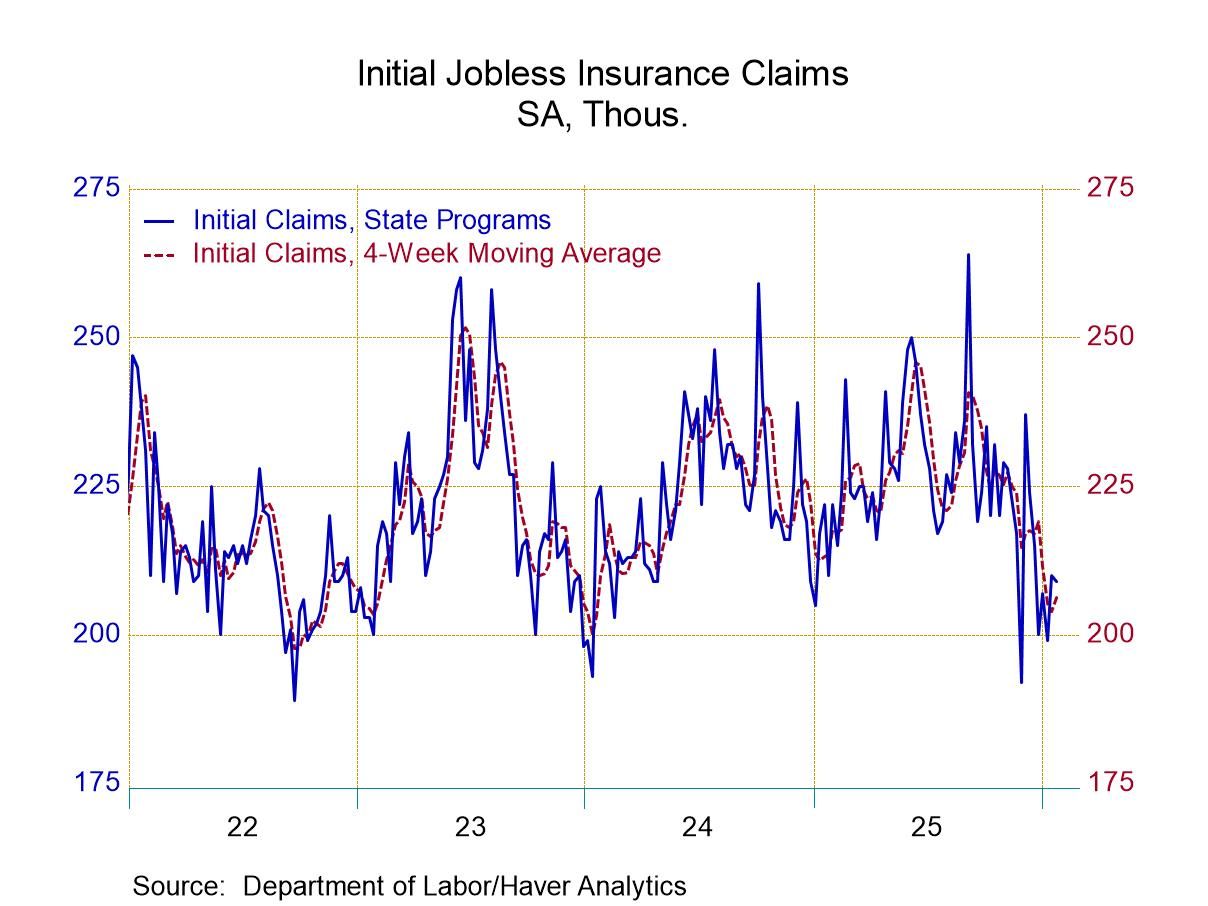 Global| Mar 30 2011
Global| Mar 30 2011EU Indices Slow Their Pace of Increase
Summary
The overall EU index rose in March while the narrower EMU index fell by 0.6%. Industrial confidence in EU edged higher while retail and wholesale sentiment remained steady at their past monthly values. But consumer confidence lost one [...]
 The overall EU index rose in March while the narrower EMU index fell by 0.6%. Industrial confidence in EU edged higher
while retail and wholesale sentiment remained steady at their past monthly values. But consumer confidence lost one point
on its index and construction slipped by a point as well.
The overall EU index rose in March while the narrower EMU index fell by 0.6%. Industrial confidence in EU edged higher
while retail and wholesale sentiment remained steady at their past monthly values. But consumer confidence lost one point
on its index and construction slipped by a point as well.
In EMU the overall measure for sentiment fell while among the largest EMU nations Germany and Spain saw declines. Meanwhile the troubled states of Greece and Portugal underwent accelerated tumbles as Greece's overall measure fell by 1.3% and Portugal's plunged by 6.3%, the seventh largest month to month drop in the last 21 years.
As for industry expectations, they have been solid and strong for the last four months or so. The current +18 reading is in fact the lowest mark in the last four months and still stands in the 92nd percentile of its range and is the 10th highest reading in the last 21 years. Despite that, stocks off goods are very low but employment expectations are at their 21 year highest as is the expected production trend and selling prices expectations are the second greatest in the series' history. The Industrial sector is quite upbeat but it is leaving some countries behind. Spain ranks in only the 39th percentile in its historic queue in terms of the level of its industrial gauge on this survey.
We can contrast this very robust performance on the industrial sector to services, the sector where the jobs are and where the sentiment is not nearly so robust. The services confidence reading is +11 which puts it at the 60th percentile of its range and at the 54th percentile of its ordered queue. The services business climate is at the 54th percentile of its range and at the 53rd percentile of its ordered queue. Expected demand is picking up at a reading of +15 it stands only in the 56th percentile of its range but its ordered queue standing of only the 43rd percentile. The service sector may have ‘stabilized' but it is not strong enough to underpin jobs growth or confidence or even to hold above the middle of queue of values on key sector metrics.
Consumer confidence itself stands only in the 62nd percentile of its range and in the 60th percentile of its queue. But, by country the results are absolutely astounding. Germany's consumer confidence is at the fourth highest level in the last 21 years. The next best among large EMU nations is France at a rank of 129 and after that it is Spain at 212. German consumer confidence stands in the top 2% of its 21 year queue of values compared to France at the 48th percentile; Spain is at the bottom 15th percentile and the rest of the large countries are lower. The UK stands in the lower 8th percentile with Greece in the bottom 3 percentile of its range and Portugal in the bottom 3 percent as well. These are devastatingly weak numbers and in sharp contrast to Germany.
So while we do get ‘bombarded with industrial numbers since economic indicators are designed to focus on that sector, the metrics that attach to jobs are weaker and to confidence much weaker still. It really makes one wonder why Trichet and the ECB are contemplating rate hikes...oh for the 98 percentile reading on confidence in Germany only since Germans dominate the monetary policy apparatus a the ECB? Oh, that makes sense... or does it?
| EU Sectors and Country level Overall Sentiment | ||||||||||
|---|---|---|---|---|---|---|---|---|---|---|
| EU | Mar 11 |
Feb 11 |
Jan 11 |
Dec 10 |
%-ile | Rank | Max | Min | Range | Mean |
| Overall Index | 107.4 | 107.2 | 105.8 | 106.3 | 82.5 | 64 | 116 | 67 | 49 | 100 |
| Industrial | 7 | 6 | 5 | 5 | 97.9 | 2 | 8 | -39 | 47 | -7 |
| Consumer Confid | -13 | -12 | -13 | -12 | 55.9 | 154 | 2 | -32 | 34 | -11 |
| Retail | 1 | 1 | 4 | 8 | 80.0 | 26 | 8 | -27 | 35 | -6 |
| Construction | -27 | -26 | -28 | -28 | 33.3 | 160 | 3 | -42 | 45 | -19 |
| Services | 10 | 10 | 6 | 6 | 63.6 | 89 | 34 | -32 | 66 | 11 |
| %M/M | Mar 11 |
Based on Level | Level | |||||||
| EMU | -0.6% | 1.0% | -0.1% | 107.3 | 78.5 | 68 | 118 | 70 | 48 | 100 |
| Germany | -0.6% | 1.1% | -1.5% | 116.1 | 91.7 | 14 | 120 | 73 | 47 | 100 |
| France | 0.8% | 0.2% | 1.2% | 110.0 | 82.9 | 36 | 117 | 75 | 42 | 100 |
| Italy | 0.1% | -0.5% | -0.5% | 101.2 | 59.7 | 111 | 121 | 73 | 48 | 100 |
| Spain | -3.2% | 2.4% | 0.0% | 90.9 | 43.6 | 211 | 115 | 72 | 43 | 100 |
| Greece | -1.3% | 4.3% | 3.3% | 78.4 | 21.1 | 233 | 120 | 67 | 53 | 100 |
| Portugal | -6.3% | 4.8% | -0.1% | 88.7 | 41.5 | 221 | 117 | 69 | 48 | 100 |
| Memo:UK | 2.6% | 3.1% | -2.9% | 104.6 | 78.4 | 97 | 116 | 64 | 51 | 100 |
| All since Feb 1990 | 253 -Count | Services: | 174 -Count | |||||||
| Sentiment is an index, sector readings are net balance diffusion measures | ||||||||||
Robert Brusca
AuthorMore in Author Profile »Robert A. Brusca is Chief Economist of Fact and Opinion Economics, a consulting firm he founded in Manhattan. He has been an economist on Wall Street for over 25 years. He has visited central banking and large institutional clients in over 30 countries in his career as an economist. Mr. Brusca was a Divisional Research Chief at the Federal Reserve Bank of NY (Chief of the International Financial markets Division), a Fed Watcher at Irving Trust and Chief Economist at Nikko Securities International. He is widely quoted and appears in various media. Mr. Brusca holds an MA and Ph.D. in economics from Michigan State University and a BA in Economics from the University of Michigan. His research pursues his strong interests in non aligned policy economics as well as international economics. FAO Economics’ research targets investors to assist them in making better investment decisions in stocks, bonds and in a variety of international assets. The company does not manage money and has no conflicts in giving economic advice.






